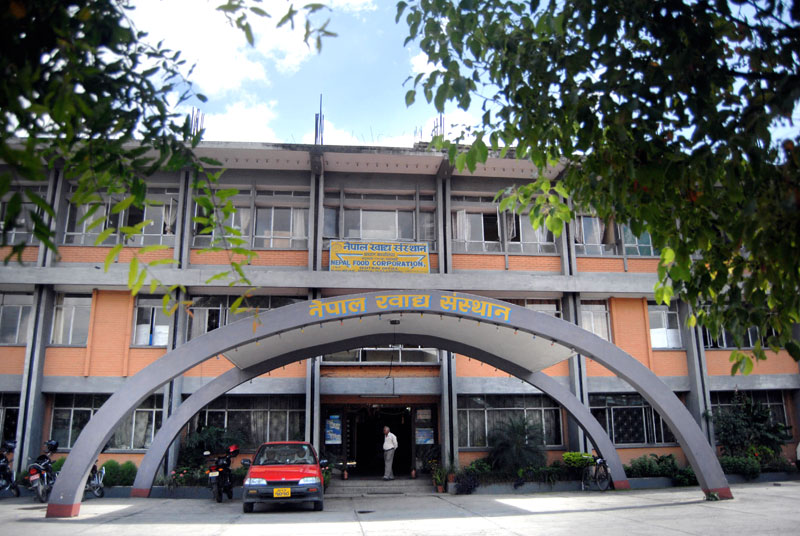Government has purchased 8,090 tonnes of paddy so far
KATHMANDU, NOVEMBER 27
As per the decision of the government to purchase paddy produced by domestic farmers, a total of 8,090 tonnes of paddy have been purchased as of Thursday. The government is purchasing paddy via cooperatives and Food Management and Trade Company Ltd (FMTCL).
As per a report compiled by FMTCL, agriculture cooperatives based in Nawalparasi, Rupandehi and Bardiya have purchased around 4,010 tonnes of paddy till date. Of this total, 500 tonnes were bought by cooperatives in Nawalparasi, 1,130 tonnes in Rupandehi and 2,380 tonnes in Bardiya. Meanwhile, the government has purchased 4,080 tonnes of paddy through FMTCL as of Thursday.
Agriculture cooperatives across the country have made a commitment to purchase around 95,000 tonnes of paddy from small farmers.
Earlier, the government had announced it would provide incentives to those agriculture cooperatives that purchase paddy from small farmers.
The Cabinet meeting held on June 2 had set the minimum support price for thicksized paddy at Rs 2,735 per quintal while for medium-sized paddy it was fixed at Rs 8,885 per quintal. Amid this, the Cabinet meeting held on October 20 had approved the ‘Directive to purchase paddy at minimum support price 2020’. According to this directive, the government will provide Rs 112 per quintal to the agriculture cooperatives that buy paddy from farmers. The grant amount will fall under the activity of paddy storage and packaging.
However, the cooperatives themselves will be responsible for storing, processing, packaging and supplying the paddy to the market.
A District Implementation Committee has been formed in every district to implement the directive and a central committee has been formed to monitor the implementation of the directive. As per the directive, cooperatives or any other buyer have to pay the farmer within 15 days of purchasing the paddy. If the buyer fails to do so then the government will initiate necessary action against them.
Prior to this, farmers had to sell their paddy at a low price as they were not able to get a market for their produce and even though the government had set the minimum support price they were not getting the price fixed by the government.
With an aim to end this trend, the Ministry of Agriculture and Livestock Development introduced the recent directive to involve agriculture cooperatives to secure a market for farmers.






